By ZHU Liyu
(ZHU Liyu, professor of the Law School of Renmin University of China and secretary-general of the Academic Committee of the Center for Human Rights Studies)
(ECNS) -- The rights to subsistence and development are rights that every human being should enjoy as considerations of basic dignity, fundamentally significant to their survival and personal development. They are two basic human rights which should be applied in all countries and for all people. All have the right to contribute to and enjoy the benefits of economic, political, cultural, social, and ecological development in domestic and international societies. These opportunities for subsistence and development must be shared equally and their benefit shared among everyone. It is an indisputable fact that the rights to subsistence and development are considered primary fundamental human rights in China.
Proposal of the right to development
Article 1 of the Declaration on the Right to Development (hereinafter abbreviated as “Declaration”) adopted by the United Nations General Assembly in its resolution 41/128 on December 4, 1986, proclaims, “The right to development is an inalienable human right by virtue of which every human person and all peoples are entitled to participate in, contribute to and enjoy economic, social, cultural and political development, in which all human rights and fundamental freedoms can be fully realized.” Article 6 of the Declaration declares, “All human rights and fundamental freedoms are indivisible and interdependent; equal attention and urgent consideration should be given to the implementation, promotion, and protection of civil, political, economic, social and cultural rights.” To avoid any misunderstanding, Article 9 specifically emphasizes, “All the aspects of the right to development set forth in the present Declaration are indivisible and interdependent and each of them should be considered in the context of the whole.”
The right to development thus put forward by the Declaration is comprehensive and its focus is on the implementation, promotion, and protection of economic, social, and cultural rights. In 1986, China not only made effort to promote the adoption of this resolution but also worked on pursuing and realizing the realization of this right to development as a primary fundamental human right of the Chinese people in the process of building a prosperous society by focusing on economic development.
The proposal on the rights to subsistence
The white paper Human Rights in China was published by the State Council Information Office of China on November 1, 1991. It is the first white paper issued by the Chinese government and the first official document that systematically discusses human rights in China and formally proposes the right to subsistence. It elaborates on China’s basic position and policies on human rights and describes the fundamental changes of human rights in China since the founding of the People’s Republic of China. It not only illustrates the development and progress of human rights in China but also explains China's human rights conditions to the international community in order to promote understanding.
The first section, “The right to subsistence is the primary human right that the Chinese people have been fighting for a long time,” points out that “For a country and a nation, the primary human right is the right to subsistence, without which all other human rights are irrelevant. The Universal Declaration of Human Rights recognizes that everyone has the right to life, liberty and security of person. In old China, people’s lives couldn’t be guaranteed and countless people died from war and hunger due to imperialist aggression and the oppression of feudalism and bureaucratic capitalism. Fighting for the right to subsistence has historically become the primary issue of human rights.”
The proposal and explanation of the right to subsistence not only highlights China’s view of human rights but also conforms to the Declaration on the Right of Development. The Chinese government consistently includes the right to subsistence along with the right to development in any white papers on human rights. This is a position and statement on human rights formed by the CPC, the Chinese government, and the Chinese people considered important, based on history, national conditions, and experience. Especially after the reform and opening up movement, China has always regarded social progress and stability, economic development, and protection of these rights to subsistence and development as the fundamental way to achieve democracy, freedom, and a society that values human rights.
In the 1980s and 1990s, scholars from many developing countries, including China, proposed the rights to subsistence and development as fundamental in the field of human rights. Western countries did not fully agree with this. They apply western values and definitions of human rights, theories, systems, standards, and models as the absolute and exclusive yardstick with which to measure and judge the human rights situations in developing countries.
Therefore, it seems that many western scholars believe that human rights are merely political rights and civil rights. Although they sometimes may recognize that human rights include economic, social, and cultural rights, they did not regard them as equally essential when actually observing and judging the human rights conditions in a certain country. As for the rights to subsistence and development, they generally do not recognize them. Moreover, the human rights discussed by western scholars generally only refer to individual human rights and do not include collective human rights.
On the contrary, many scholars in developing countries, especially in China, believe that economic, social, and cultural rights are as indispensable as political rights and citizenship rights. For developing countries, the rights to subsistence and development are primary human rights. Chinese scholars also hold that both individual human rights and collective human rights should be given attention with the latter carrying more weight.
Recognizing the importance of the rights to subsistence and development becomes an international consensus
In 2015, the 2030 Agenda for Sustainable Development (A/RES/70/1) was adopted in the 70th session of the United Nations General Assembly. The Agenda was officially launched on January 1, 2016, calling on countries to work to achieve the 17 sustainable development goals over the following 15 years. These 17 goals are directly or indirectly related to the rights of subsistence and development. For example, the goals of the right to subsistence include eliminating all forms of poverty, hunger, and food insecurity, requiring nutritional improvement, and promoting sustainable agriculture throughout the world. The goals of the right to development include creating inclusive and equitable quality education, sustained, inclusive, and sustainable economic growth, and urgent action against climate change and its impacts.
Subsistence is the basis and foundation of all development, and the purpose of development is to achieve a higher level, more decent, and more dignified subsistence. The rights to subsistence and development cannot be separated, into two sides of a coin. In developing countries, democracy, freedom, and other human rights cannot be fully realized unless the issues of subsistence and development are resolved. This view has become the consensus in the international community.
China has not only contributed to the advancement of this resolution but also accomplished many of the development goals ahead of schedule, making remarkable achievements. For example, China has become the second largest economy in the world, won the battle against poverty throughout the country, and pursued a policy of valuing the lives of people first in the fight against the epidemic. China has made steady and continuous efforts to protect Chinese rights to subsistence and development, strengthen their sense of improvement, happiness, and security, and fulfill their aspirations for a better life. This is why it is widely accepted in China that the rights to subsistence and development are primary fundamental human rights.
Adhere to the guidance of the Sinicized Marxist view of human rights
With the development and progress of the human rights of the Chinese people, China also made a step forward in human rights theory, formulating a Sinicized Marxist view of human rights which guides the construction of the human rights cause in China combining the Marxist view of human rights with China's present-day conditions.
This view of human rights emphasizes that the history of human social development is one of new production modes’ replacing the old ones and those old production modes which restrict human rights should be relegated to the past. Society cannot exist nor develop without production and without liberating and developing new productive forces. Therefore, the rights of subsistence and development must be given priority in the construction of human rights. In China, it is necessary to proceed from actual conditions found in the lives of everyday citizens, strive to improve the protection of people's rights to subsistence and development considering historic and national conditions, and follow a path of development suited to these national conditions. Human rights include those that are both individual and collective. The interest of individual human rights is the citizen, while the subjects of collective human rights include social groups, classes, and the state. China emphasizes the indivisible nature of individual human and collective human rights but pays more attention to the collective as it concerns the masses. It contributes to a consistent social consensus held by the Chinese that the rights to subsistence and development are primary fundamental human rights.
While there can never be perfection, China will continue to do better in protecting human rights. At the 37th collective study session of the Political Bureau of the CPC Central Committee on February 25, General Secretary Xi Jinping stated, “The rights to subsistence and development are primary fundamental human rights. Subsistence is the basis for all human rights. The people’s happy life is the greatest human right.” China will continue to regard respecting and protecting human rights as an important task in governing the country, making progress in the cause of human rights during this new era of socialism with Chinese characteristics.








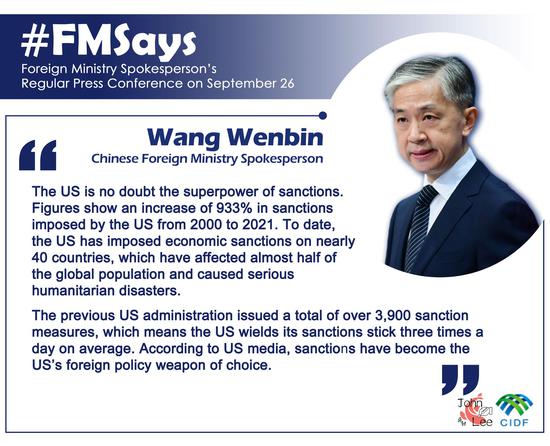
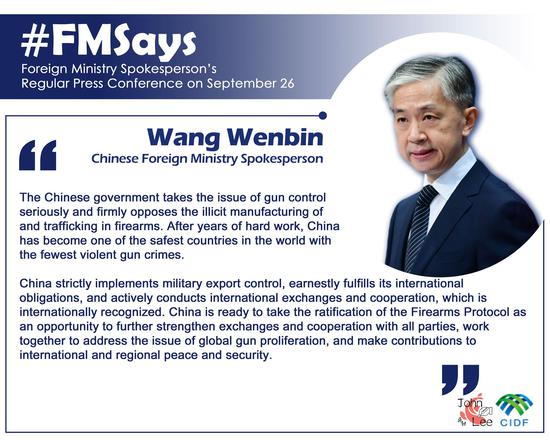

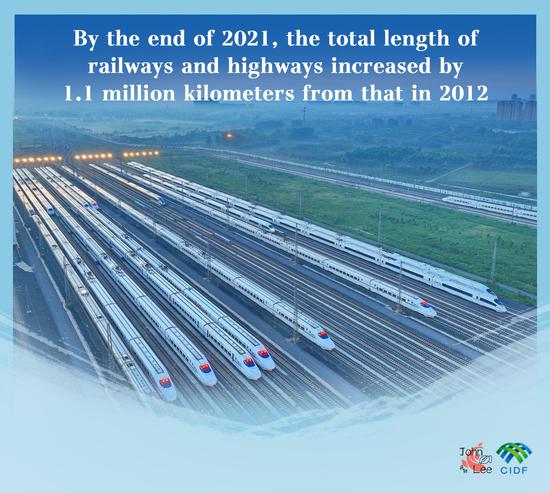
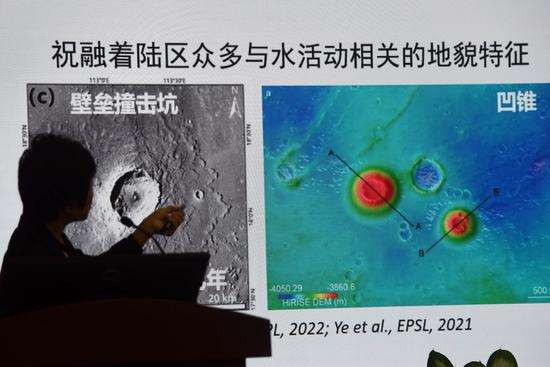
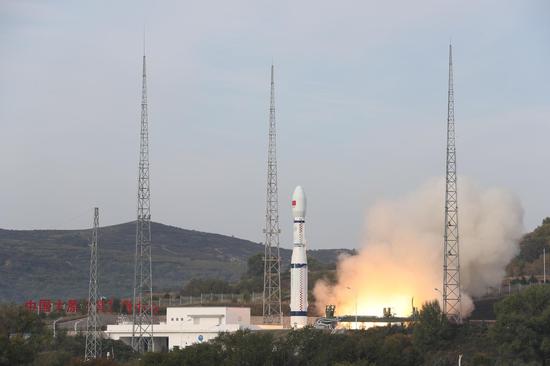


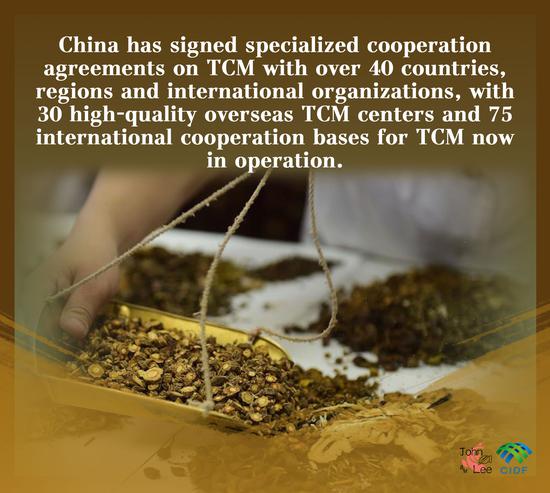





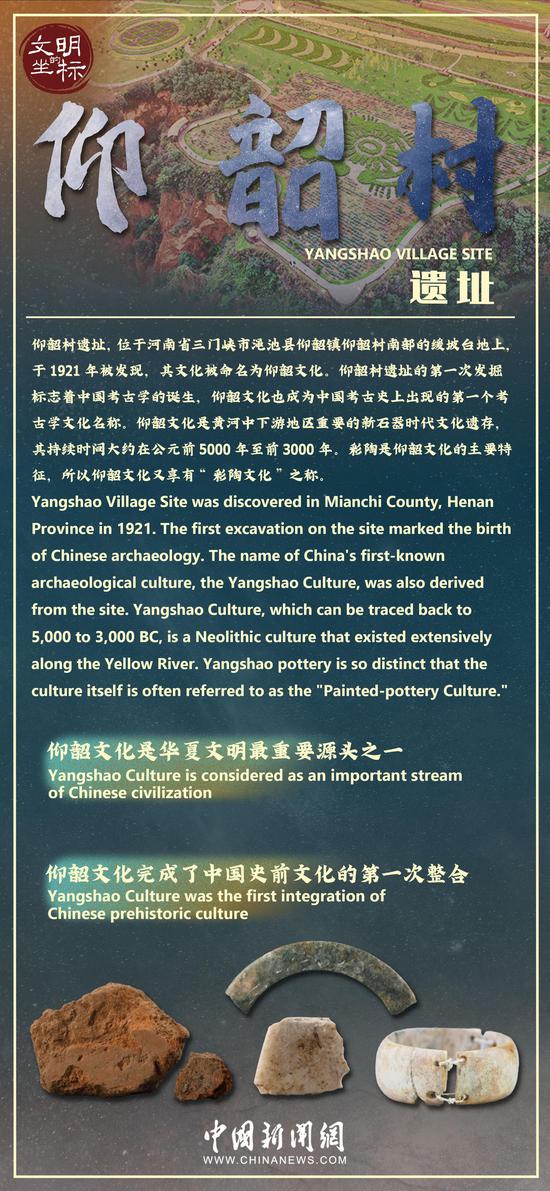










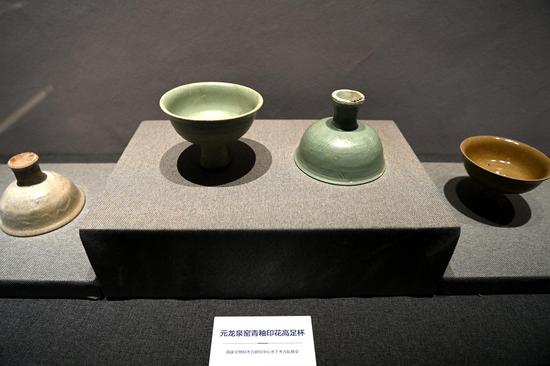
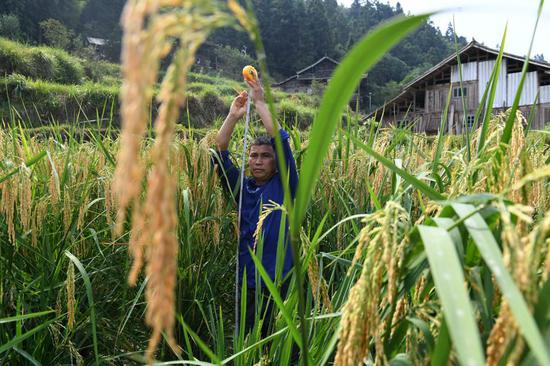





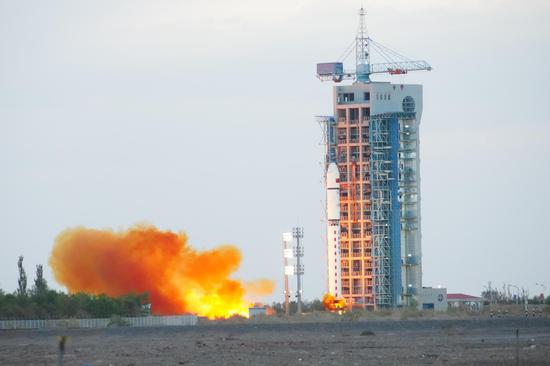
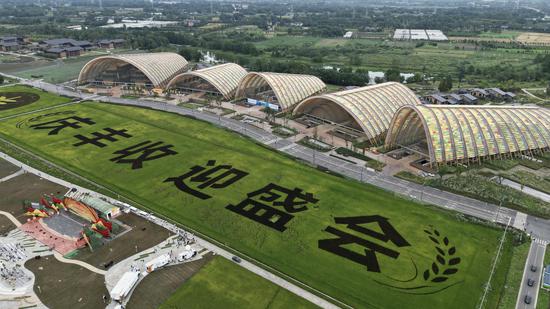








 京公網安備 11010202009201號
京公網安備 11010202009201號